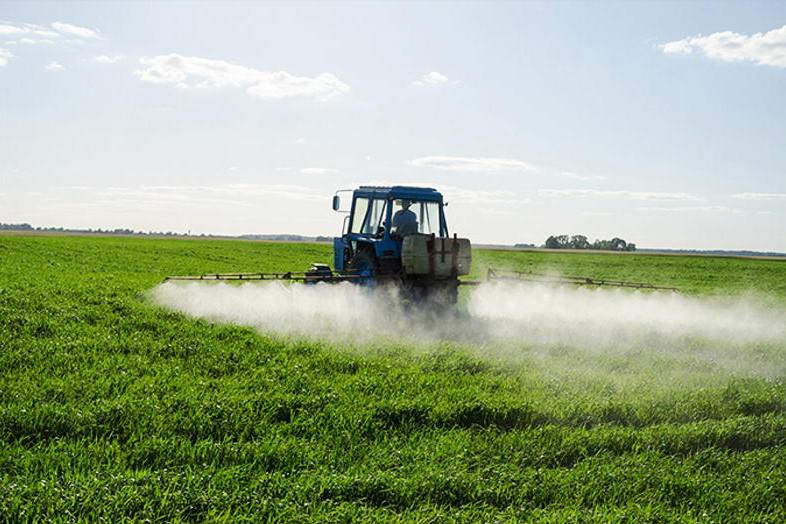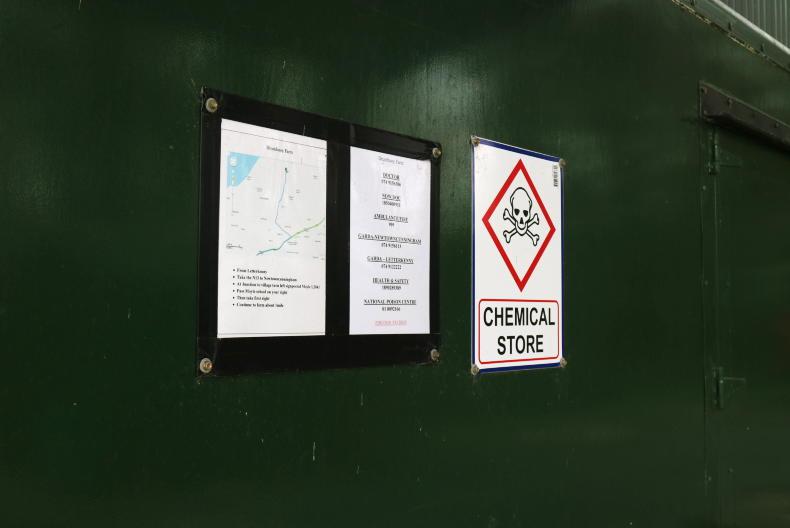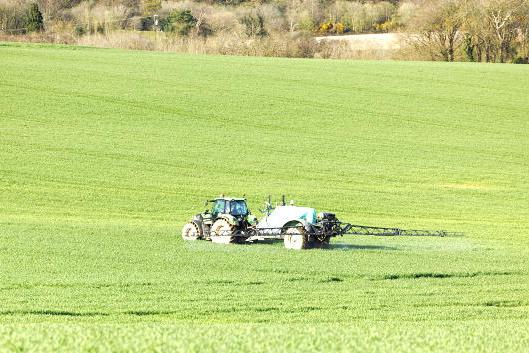Crop yield was found to decrease in 85% of studies from around the world when pesticides were reduced. Meghan England, a post-doctoral researcher with Teagasc, conducted a systemic review of 5,431 studies worldwide and explained that findings are very variable.
While there was a 15% reduction in yield on average when pesticides were reduced by 50%, this ranged from 0% to 30%.
When pesticides were fully eliminated, the average yield reduction was 30%, but this ranged from a slight increase in yield to a 100% reduction, or crop failure.
Yield reduction
When looking at European studies only, with crop types more relevant to Ireland, there was an 8% yield reduction from a 50% pesticide reduction.
Meghan stressed that this average hides a lot of variability, which can depend on crop type, climatic conditions, and farming system.
However, for socio-environmental factors, such as environmental toxicity and the risk to human health, there were improvements in 73% of studies when pesticides were reduced.
When it comes to farm income, the studies were not as clear. Fifty-six per cent of studies found that income reduced when reducing pesticide use, but 42% found that incomes tend to rise.
However, Meghan noted that there is little knowledge on how to measure the impact of pesticide reduction in Ireland.
Region- and crop-specific research is now needed to assess the impact on Irish tillage farms of reducing pesticide use.









SHARING OPTIONS